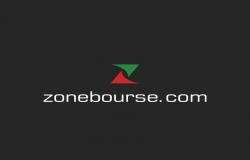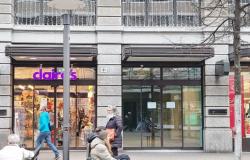Senegal, faced with growing economic dependence, finds itself in a critical situation with more than 2,500 imported products, representing a turnover of more than 6,000 billion CFA francs. Faced with this reality, the Senegalese government is putting in place strategies to limit imports and promote local production, with particular attention paid to the second-hand clothing sector. Ibrahima Thiam, Secretary of State for the Development of Small and Medium Enterprises (SMEs) and Small and Medium Industries (PMI), highlighted the State’s ambitions to reorganize the country’s economic policy, highlighting the efforts already underway to reduce this dependence.
The guest of the Jury on Sunday January 5, 2025 detailed the extent of the current economic situation: “we import more than 2,500 products, with almost 6,000 billion in turnover. We export less than 4 billion. So we have a structural deficit of almost 2500 billion in trade balances.” Faced with this imbalance, the Secretary of State reaffirmed the government’s objective of transforming the Senegalese economy into a competitive economy, capable not only of satisfying local consumption, but also of attacking sub-regional and international markets.
Ibrahima Thiam clarified that this reduction in import dependence was not simply a question of authoritarian decisions. “It’s not a question of authority, or giving in to pressure, no. We have a President of the Republic, a Prime Minister, a Minister of Industry and Commerce, and all the members of the government who follow the directions of the Head of State and the Prime Minister, and who seek to propose solutions,” he said. According to him, this approach is based on close collaboration between economic actors, local sectors and the government, with a strong dose of diplomacy and awareness-raising to change mentalities and promote a transition towards a more autonomous economy.
The second-hand clothing sector, often singled out as an area of high imports, is one of the priorities in this reorganization of economic policy. The State intends to put in place solutions to encourage local production, while preserving jobs and economic sectors affected by this transition.
Ultimately, Mr. Thiam insisted on the need for a patient and progressive approach. “Over time, we will find solutions to the various problems we encounter,” he added, stressing that efforts to reduce dependence on imports require a long-term vision and concerted actions at all levels.






